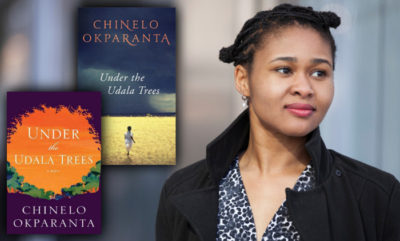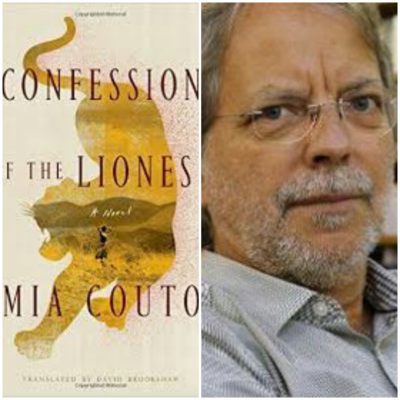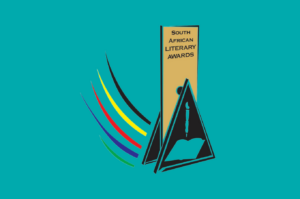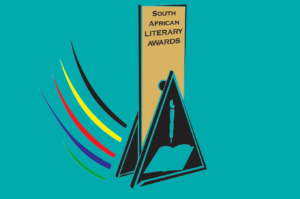
The 2017 Dublin Literary Award has released its ten-strong shortlist, and on it are Nigeria’s Chinelo Okparanta for Under the Udala Trees, Mozambique’s Mia Couto for Confession of the Lioness, and Angola’s Jose Eduardo Agualusa for A General Theory of Oblivion. The shortlist was arrived at from a longlist of 147 books.
Formerly the IMPAC Dublin Literary Award, the annual prize is in its twenty-second year and, at 100,000 Euros, is the richest for a single book of fiction published in English. Sponsored by Dublin City Council, it is managed by Dublin City Libraries, in line with Dublin’s 2010 designation as a UNESCO City of Literature. For each prize, libraries in major cities worldwide make nominations.
The 2017 longlist, announced last year, had five Africans: the three shortlisted novelists, and then Nigeria’s Chigozie Obioma for The Fishermen and Algeria’s Kamel Daoud for The Meursault Investigation.
There is yet to be an African winner of this prize, though. In 2015, the longlist had Nigeria’s Chimamanda Adichie for Americanah, Sierra Leone’s Aminatta Forna for The Hired Man, Zimbabwe’s NoViolet Bulawayo for We Need New Names, and Morocco’s Mahi Binebine for Horses of God, with Adichie and Binebine reaching the shortlist. In 2016, the shortlist had Rwanda’s Scholastique Mukasonga for Our Lady of the Nile.

Here is a description of Okparanta’s Under the Udala Trees on Amazon.
Inspired by Nigeria’s folktales and its war, Under the Udala Trees is a deeply searching, powerful debut about the dangers of living and loving openly.
Ijeoma comes of age as her nation does; born before independence, she is eleven when civil war breaks out in the young republic of Nigeria. Sent away to safety, she meets another displaced child and they, star-crossed, fall in love. They are from different ethnic communities. They are also both girls.
When their love is discovered, Ijeoma learns that she will have to hide this part of herself. But there is a cost to living inside a lie.
As Edwidge Danticat has made personal the legacy of Haiti’s political coming of age, Okparanta’s Under the Udala Trees uses one woman’s lifetime to examine the ways in which Nigerians continue to struggle toward selfhood. Even as their nation contends with and recovers from the effects of war and division, Nigerian lives are also wrecked and lost from taboo and prejudice. This story offers a glimmer of hope — a future where a woman might just be able to shape her life around truth and love.
Acclaimed by Vogue, the Financial Times, and many others, Chinelo Okparanta continues to distill “experience into something crystalline, stark but lustrous” (New York Times Book Review). Under the Udala Trees marks the further rise of a star whose “tales will break your heart open” (New York Daily News).

Here is a description of Jose Eduardo Agualusa’s A General Theory of Oblivion on Amazon.
As the country goes through various political upheavals from colony to socialist republic to civil war to peace and capitalism, the world outside seeps into Ludo’s life through snippets on the radio, voices from next door, glimpses of someone peeing on a balcony, or a man fleeing his pursuers.
A General Theory of Oblivion is a perfectly crafted, wild patchwork of a novel, playing on a love of storytelling and fable.

Here is a description of Mia Couto’s Confession of the Lioness on Amazon.
A dark, poetic mystery about the tribal women of Kulumani and the lionesses that hunt them.
Told through two haunting interwoven diaries, Mia Couto’s Confession of the Lioness reveals the enigmatic world of Kulumani, an isolated village in Mozambique whose traditions and beliefs are threatened when ghostlike lionesses begin hunting and killing the women who live there.
Mariamar, a young woman from the village, finds her life thrown into chaos just as the marksman hired to kill the lionesses, the outsider Archangel Bullseye, arrives in town. Mariamar’s sister was recently killed in one of the attacks, and her father has imprisoned her in his home, where she relives painful memories of past abuse and hopes to be rescued by Archangel. Meanwhile, Archangel attempts to track the lionesses out in the wilderness, but when he begins to suspect there is more to these predators than meets the eye, he slowly starts to lose control of his hands. The hunt grows more and more dangerous, until it’s no safer inside Kulumani than outside it. As the men of Kulumani feel increasingly threatened by the outsider, the forces of modernity upon their culture, and the animal predators closing in, it becomes clear that the lionesses might not be real lionesses at all, but rather spirits conjured by the ancient witchcraft of the women themselves.
Both a riveting mystery and a poignant examination of women’s oppression, Confession of the Lioness combines reality, superstition, and magic realism in an atmospheric, gripping novel.
Here is the full 2017 shortlist.
- A General Theory of Oblivion by José Eduardo Agualusa (Angolan). Translated from the Portuguese by Daniel Hahn. Published by Harvill Secker & Archipelago Books.
- Confession of the Lioness by Mia Couto (Mozambican). Translated from the Portuguese by David Brookshaw. Published by Farrar, Straus & Giroux & Harvill Secker.
- The Green Road by Anne Enright (Irish). Published by Jonathan Cape & W.W. Norton.
- The Prophets of Eternal Fjord by Kim Leine (Danish/Norwegian). Translated from the Danish by Martin Aitken. Published by Atlantic Books & W.W. Norton.
- The Story of My Teeth by Valeria Luiselli (Mexican). Translated from the Spanish by Margaret Christina MacSweeney. Published by Coffee House Press & Granta Books.
- The Sympathizer by Viet Thanh Nguyen (Vietnamese/American). Published by Grove/Atlantic & Corsair.
- Under the Udala Trees by Chinelo Okparanta (Nigerian-American). Published by Houghton Mifflin Harcourt & Granta Books.
- A Strangeness in My Mind by Orhan Pamuk (Turkish). Translated from the Turkish by Ekin Oklap. Published by Faber & Faber.
- A Whole Life by Robert Seethaler (Austrian). Translated from the German by Charlotte Collins. Published by Picador.
- A Little Life by Hanya Yanagihara (American). Published by Doubleday & Picador.
Margaret Hayes, Dublin City Librarian, has this to say:
Issues of conflict and communication are set against a myriad of cultural and family settings and in contemporary and historic time periods. For readers, these stories add new and absorbing characters to our circle of international literary acquaintances.
The winner will be announced on 21 June by Dublin Lord Mayor, Brendan Carr.
*****
Partly sourced from Carlow Nationalist and James Murua’s Literature Blog.









COMMENTS -
Reader Interactions